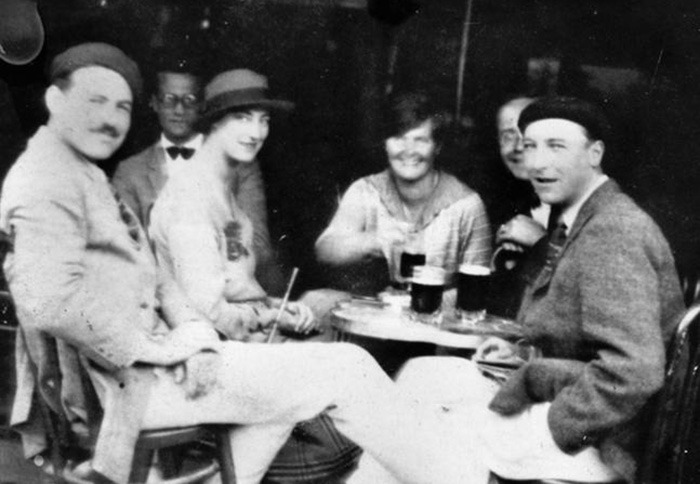
“you can’t get away from yourself by moving from one place to another.”
― Ernest Hemingway, The Sun Also Rises
The Sun Also Rises, published in 1926, is set in the 1920s and follows a group of American and British expatriates who travel from Paris to Pamplona, Spain, for the annual running of the bulls and bullfighting festival.
The quote underscores one of the central themes of the novel: the futile attempt to escape from one’s own problems or identity merely by changing locations. The characters in the novel, especially the protagonist Jake Barnes, are part of the “Lost Generation,” a term coined by Gertrude Stein to describe the post-World War I generation. They are disillusioned, aimless, and psychologically wounded, often seeking to escape their emotional turmoil through alcohol, travel, and relationships.
However, as the quote suggests, merely changing one’s location does not address the underlying issues or personal demons that an individual carries with them. The characters in the novel, despite their travels and attempts to distract themselves, are still haunted by their past experiences, insecurities, and emotional pain.
Hemingway’s message is that true self-discovery and healing come from introspection and confronting one’s inner struggles head-on, rather than seeking external distractions or geographical cures. This idea is a common theme in literature and philosophy, emphasizing the importance of self-reflection and personal growth.
In a broader sense, the quote also highlights the human tendency to seek quick fixes or escapist solutions to complex emotional problems, a notion that Hemingway challenges through his characters’ experiences. It serves as a reminder that genuine happiness and self-acceptance come from within, and that running away from oneself is ultimately futile.









